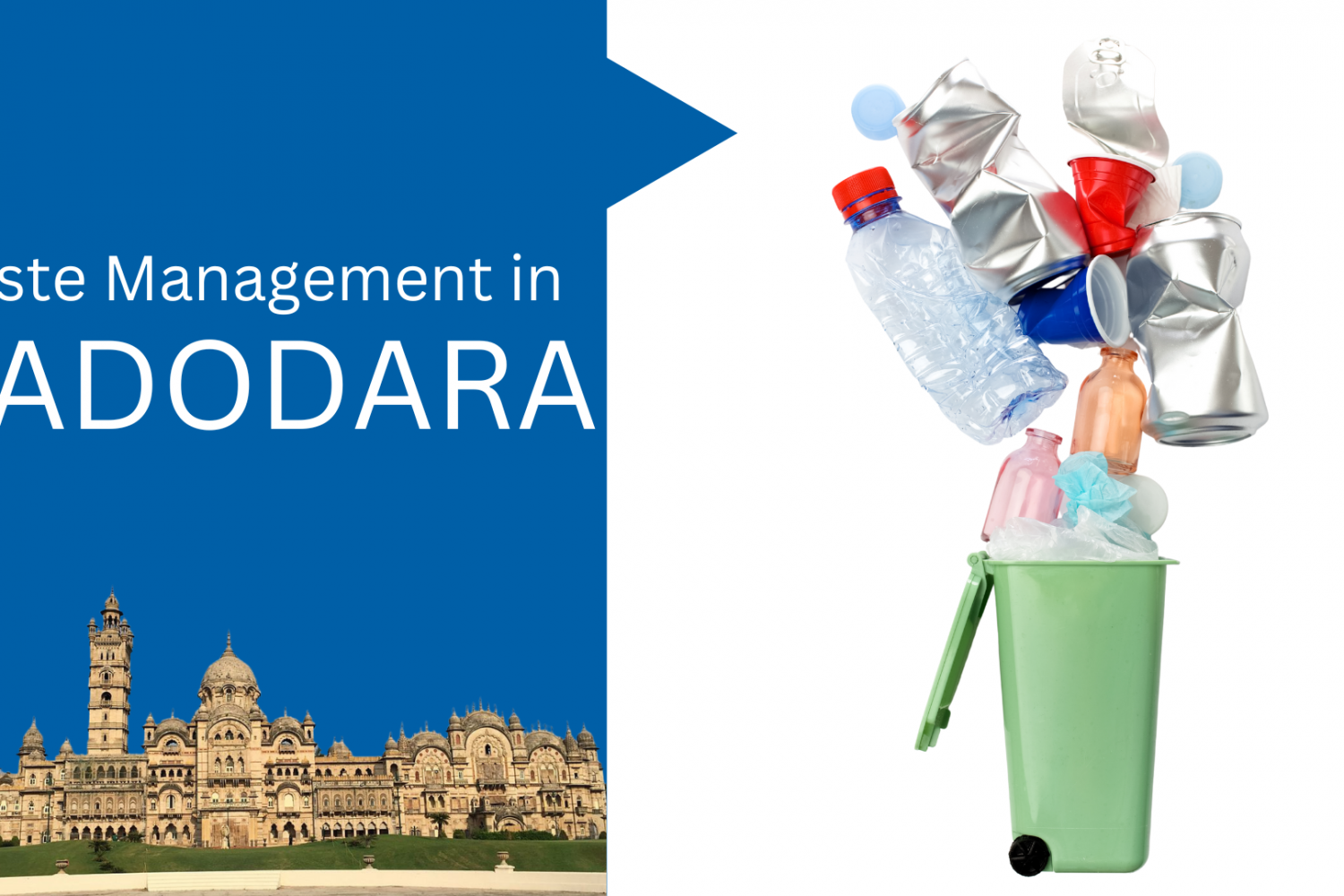Types of Waste
There are many types of waste that can be found in Vadodara. Some of the most common include:
1. Household waste: This is the waste that is generated by households on a daily basis. It includes things like food scraps, paper, plastic, and glass.
2. Construction and demolition waste: This type of waste is generated during construction or demolition projects. It can include things like concrete, bricks, wood, and metal.
3. Industrial waste: This type of waste is generated by factories and other industrial facilities. It can include things like chemicals, oil, and metals.
4. Hazardous waste: This type of waste is any type of waste that is considered to be dangerous to human health or the environment. It can include things like asbestos, lead, mercury, and chemical wastes.
Benefits of Proper Waste Management
There are many benefits to proper waste management. Some of these benefits include reducing pollution, protecting the environment, and saving resources.
Proper waste management reduces pollution by preventing harmful materials from being released into the environment. This helps to protect both human health and the natural world. Additionally, it can save resources such as water and energy that would otherwise be used to clean up pollution.
Proper waste management also protects the environment by reducing the amount of waste that is produced. This has a number of benefits, including reducing greenhouse gas emissions, conserving resources, and reducing landfill usage. Furthermore, it can help to create jobs in the recycling and waste management industry.
Overall, proper waste management provides a range of benefits that improve both human health and the environment. It is therefore essential for cities like Vadodara to put in place effective waste management systems.
Types of Waste Disposal in Vadodara
The city of Vadodara has a variety of waste disposal options available to its residents. The most common method of waste disposal in the city is through the use of garbage trucks. These trucks collect waste from homes and businesses and take it to the city landfill.
Other methods of waste disposal in Vadodara include recycling, incineration, and composting. Recycling is a process by which waste materials are reused instead of being sent to landfill. Incineration is a process by which waste materials are burned to produce energy. Composting is a process by which organic waste materials are broken down into fertilizer.
Problems Associated with Poor Waste Management
Poor waste management can lead to a number of problems, including:
– Contamination of soil and water resources
– Health hazards from exposure to hazardous materials
– Air pollution
– Littering and visual pollution
– Reduced life expectancy
These are just some of the problems that can be caused by poor waste management. In Vadodara, as in any other city, it is important to be aware of these problems and take steps to avoid them.
What Councils Can Do About Garbage in Streets?
The sight of garbage strewn across streets is a common one in Indian cities. It is not only an eyesore, but also poses health risks to residents. In Vadodara, the Municipal Corporation has been working hard to address the issue of waste management and has made significant progress in recent years.
One of the main ways that councils can tackle the issue of garbage in streets is by increasing awareness among citizens about the importance of proper waste disposal. This can be done through campaigns and educational programs. Additionally, councils can also provide incentives for citizens who dispose of their waste properly. For example, they can offer discounts on property taxes or water bills.
Another way that councils can address the issue of garbage in streets is by investing in better infrastructure for waste management. This includes things like setting up more community bins and providing door-to-door pick-up services for household waste. The investment in better infrastructure will go a long way in making it easier for citizens to dispose of their waste properly.
Lastly, councils can also enforce stricter penalties for littering and illegal dumping. This will act as a deterrent for people who are tempted to simply throw their garbage on the street.
By taking these steps, councils can effectively tackle the problem of garbage in streets and make their cities cleaner and healthier places to live in.
Conclusion
In conclusion, waste management in Vadodara is a complex but necessary process. There are many different stakeholders involved, from the government to private companies to individual citizens. It is important to be aware of the various options and regulations in place in order to ensure that waste is managed effectively and efficiently.

